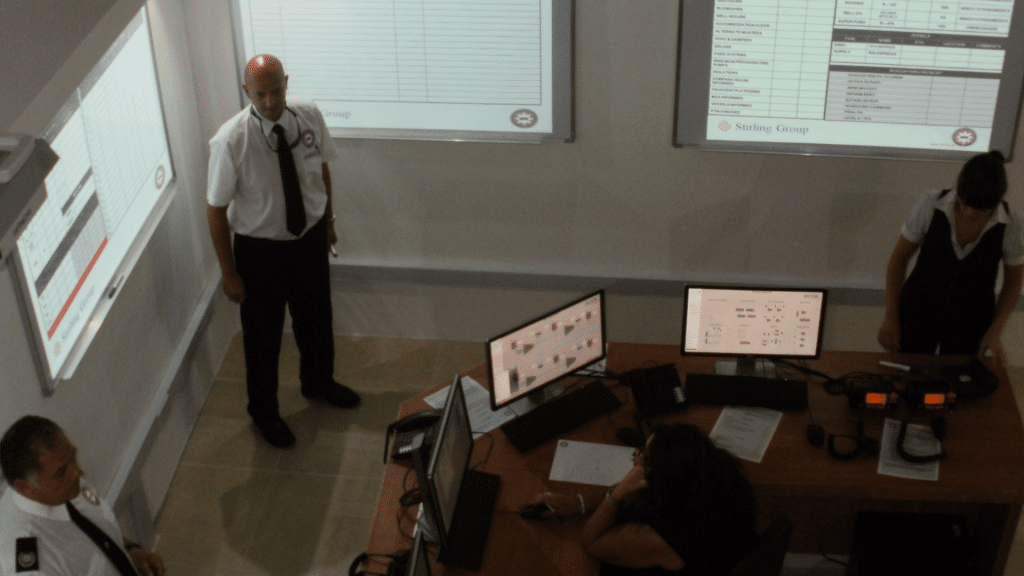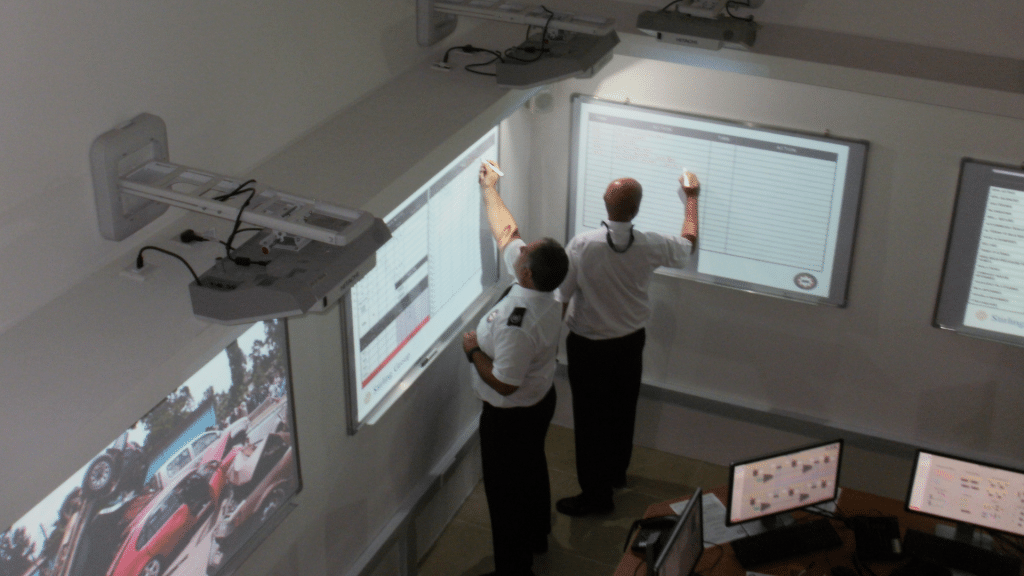
The recent disaster in Spain has underscored the critical importance of structured and specialised training in disaster management. The International Safety Training College (ISTC) offers programmes that prepare teams for vital roles in the aftermath of disasters, focusing on search, rescue, recovery, and the management of emergency control centres.
Understanding Urban Search and Rescue
Urban Search and Rescue (USAR) becomes crucial immediately following disasters, especially when swift action is essential for saving lives and mitigating further damage. ISTC’s training programmes are tailored to equip teams with the necessary skills to perform effectively in these high-pressure scenarios, which often involve searching for and rescuing victims from collapsed buildings or other hazardous environments.
Our comprehensive training modules focus on practical drills in simulated conditions that mimic the chaos and unpredictability of real disasters. This approach ensures that all participants are not only prepared to face the immediate challenges but are also well-equipped for future emergencies. The emphasis at ISTC is on safety, efficiency, and strategic execution, ensuring that teams are capable of coordinating complex operations under challenging conditions.

Emergency Control Centre Operations
Another critical area where ISTC offers its expertise is in the training of personnel for Emergency Control Centres (ECC). In large-scale disasters, the effectiveness of the response efforts heavily depends on the command and control capabilities at play. Our ECC training programmes are designed to prepare individuals to effectively manage disaster responses, enabling them to make crucial decisions, coordinate multiple response teams, and manage resources efficiently.
Participants in our ECC courses are trained in the use of advanced communication tools and crisis management software, which are essential for maintaining control during extensive emergency situations. This training helps ensure that operations managers and coordinators can provide clear instructions and support to field teams, helping to streamline response efforts and reduce confusion.
Practical Application and Real-World Preparedness
ISTC’s training programmes are deeply rooted in practical application, ensuring that theoretical knowledge is complemented by real-world practice. This methodology is essential because the true test of any emergency response training is its applicability in actual disaster scenarios. Our instructors, many with firsthand emergency response and disaster management experience, bring valuable insights and examples to the training, enriching the learning experience.

Building Resilience through Specialised Training
The overarching goal of ISTC’s initiatives is to fortify societal resilience by equipping teams to respond effectively and confidently to emergencies. Investing in specialised training not only prepares individuals for current challenges but also sets the foundation for stronger response capabilities in the future.
ISTC remains committed to enhancing its training programmes by collaborating with various organisations to ensure that our courses continuously evolve and meet the needs of today’s disaster management professionals. This commitment positions ISTC at the forefront of safety training, providing relevant and advanced training solutions.
Conclusion
As we reflect on the recent disaster in Spain, ISTC recognises the profound importance of prepared training and swift response capabilities. Through our specialised training programmes in Urban Search and Rescue and Emergency Control Centre operations, we strive to ensure that response teams are well-prepared to manage and mitigate the impacts of such disasters effectively. Paying tribute to the lives lost in this tragedy, we reaffirm our commitment to enhancing the safety and resilience of our communities, aiming to prevent future losses through comprehensive disaster management training.
